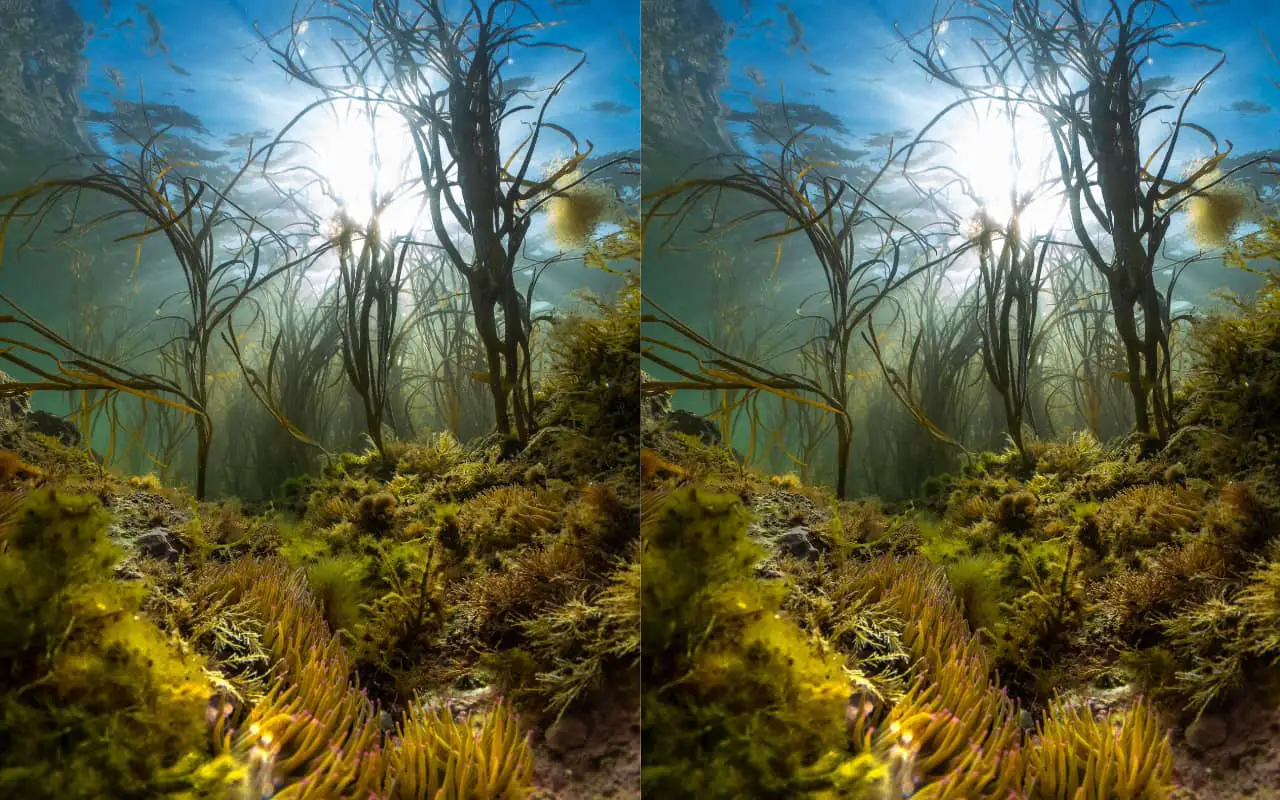A motion at next week’s Isle of Wight council Full Council meeting aims to put measures in place to protect the seas around the Isle of Wight from further pollution and damage.
Tabled by the Cabinet member for Cabinet Member for Finance, Climate Change and Biosphere, Councillor Jonathan Bacon, you can read the motion in full below.
The health of the oceans and the waters that surround us as an Island are inextricably linked with our climate, human health, wellbeing and prosperity. However, decades of irresponsible marine exploitation and pollution have led to significant levels of degradation, and this, together with the detrimental impacts of our changing climate on marine ecosystems, has led to national and global recognition that the world ocean is in crisis.
On the Isle of Wight we are witnessing the ocean crisis first-hand. Poor water quality is impacting seafood and safe bathing. Our beaches suffer from litter with each tide, much of it plastic, and our coastline is fragile, increasing the risk to infrastructure and properties, and increasing the risk of flooding and storm damage.
Island residents are being disproportionately impacted relative to inland communities, in particular because the ocean is a key part of our heritage and economy.
Urgent action is needed to halt these devastating changes. We must do what we can to assist in recovering the health of the ocean and we must strive to develop a sustainable and equitable local blue economy that delivers both ocean recovery alongside local prosperity.
We must also recognise the extensive local designations that exist on the coasts and waters around us and the fact that the entirety of the waters that surround us have been given UNESCO Biosphere status. These designations provide potential tools to address the issues and achieve the aims set out in this motion, which also tie in with the UN Sustainable Development Goals.
This Motion therefore asks the Isle of Wight Council to declare and support an urgent need for Ocean Recovery as follows:
We recognise that we need ocean recovery to meet our net zero carbon targets, and that we need net zero carbon to recover our ocean.
The Council therefore pledges, through requesting Cabinet to:
1 – Ensure that the Climate and Environment Board receives regular updates as part of its ongoing work on actions and projects that will assist ocean recovery around the Island.
2 – Embed ocean recovery in all strategic decisions, plans, budgets and approaches to decisions by the Council (particularly in planning, regeneration, skills and economic policy), aligning with climate change mitigation and adaptation requirements, and considering ocean-based solutions in our journey towards a carbon-neutral and climate-resilient future.
3 – Promote close working between the Isle of Wight Council and all relevant partners with interests and responsibilities relating to the waters around us. In particular ensure that local planning policy supports ocean recovery, working closely with the Marine Management Organisation to embed strong links between the Local Plan and the South Marine Plan to support ocean recovery.
4 – Ensure that the forthcoming Local Nature Recovery Strategy strives to support ocean recovery and that this is supported and enhanced by the Local Planning Strategy and relevant local, national and international designations.
5 – Work with partners locally and nationally, in particular SIFCA, so as to deliver increased sustainability in local marine industries, including the local fishing industry, and develop a sustainable and equitable blue economy that delivers ocean recovery alongside local prosperity.
6 – Through local schools and colleges, seek to grow ocean literacy and marine citizenship as well as, wherever possible, through physical and digital means, promote similar understanding and appreciation of the ocean and its importance amongst all residents, local businesses and visitors to the Island.
7 – Write to the Government asking them to put the ocean into net recovery by 2030 by
a) Ensuring Inshore Fisheries and Conservation Authorities and Natural England have the resources they need to effectively research and monitor our growing number of marine protected areas, and to set and enforce appropriate fishing levels that support local economies and deliver environmental sustainability.
b) Ensuring coastal communities have a meaningful say in the development of marine policy to ensure it delivers equitable and sustainable outcomes.
c) Appoint a dedicated Minister for Coastal Communities.
d) And by listening to marine scientific advice, including marine social science, to update the Marine Policy Statement and produce a national Ocean Recovery Strategy which will:
i. Enable the recovery of marine ecosystems rather than managing degraded or altered habitats in their reduced state.
ii. Consider levelling up, marine conservation, energy, industrial growth, flood and coastal erosion risk management, climate adaptation and fisheries policy holistically rather than as competing interests.
iii. Develop a smarter approach to managing the health of the entire ocean that moves beyond Marine Protected Areas and enables links to be made across sectors towards sustainability.
iv. Establish improved processes for understanding the benefits of ocean recovery, leaving no doubt the links between this and human lives, livelihoods, and wellbeing.
v. Stop plastic pollution at source by strengthening the regulations around single-use plastics and set standards for microfibre-catching filters to ensure that all new domestic and commercial washing machines are fitted with a filter that captures a high percentage of microfibres produced in the wash cycle.
vi. Place a duty on water companies engaged in sewage disposal to ensure untreated sewage is not discharged from storm overflows into inland and coastal waters and to provide targets and timelines to ensure this change is achieved.
Image: © Theo Vickers





